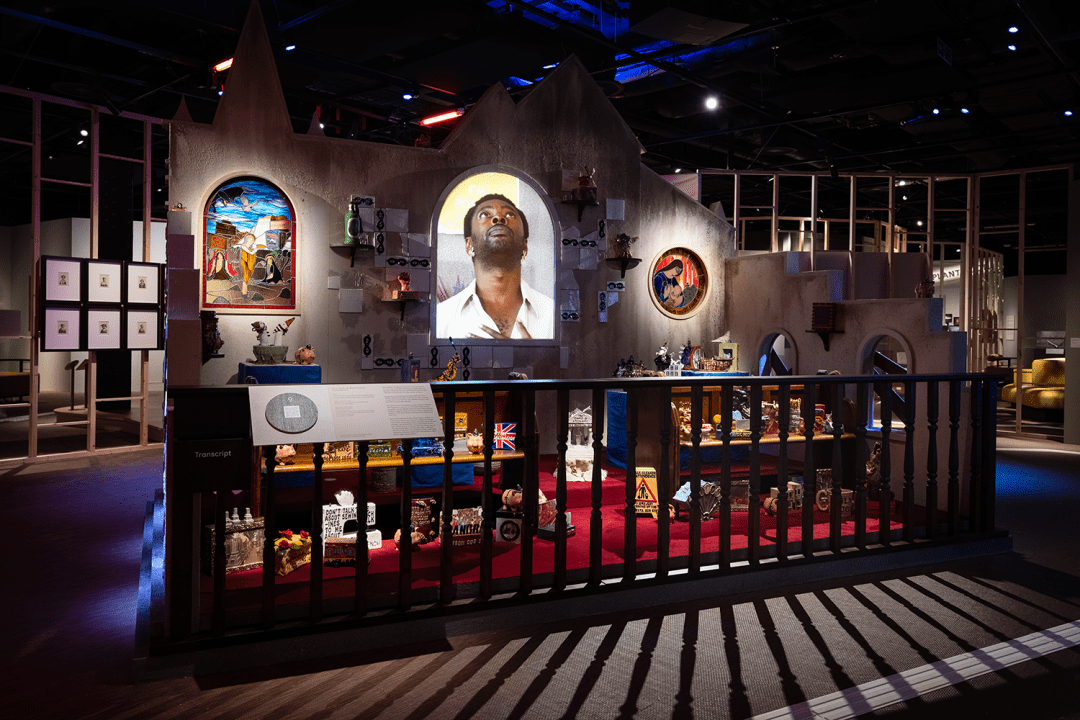In 2022 the Wellcome Collection caused a stir by closing its Medicine Man exhibition on the grounds that it was ‘based on racist, sexist and ableist theories and language’. Director Melanie Keen had previously talked of reinterpreting the collection but had now evidently decided it was beyond redemption. ‘We can’t change our past,’ she said in a statement at the time. ‘But we can work towards a future where we give voice to the narratives and lived experiences of those who have been silenced, erased and ignored.’
I felt sorry for Sir Henry Wellcome, now dismissed by the organisation bearing his name as an evil colonialist
Anyone who wasn’t quite sure what that meant now has a chance to find out, in the shape of an exhibition entitled Hard Graft: Work, Health and Rights, which invites us to ‘explore the profound impact of physical work on health and the body’.
That sounds a strong and original, if stomach-turning, theme – it raises expectations of learning about industrial diseases and, say, the poor condition of northern mill workers which so shocked recruitment officers during the Great War.
But sadly this exhibition does not live up to its billing. This is not a learned exhibition of the sort that you might expect from the Wellcome Collection, and that it has held in the past. It is, rather, an exhibition of multimedia art. A typical offering is a ‘sermon’ delivered in televisual form by a rent boy (dressed up as a priest and set before a faux altar) who reveals – spoiler alert – that his first client admitted to having Aids.
Slaves, we are told, developed their own herbal medicine, which would be interesting to know a little more about, but the context here is that it shouldn’t be seen in any way as inferior to western medicine – an assertion which today’s cancer survivors might want to question.









Comments
Join the debate for just £1 a month
Be part of the conversation with other Spectator readers by getting your first three months for £3.
UNLOCK ACCESS Just £1 a monthAlready a subscriber? Log in